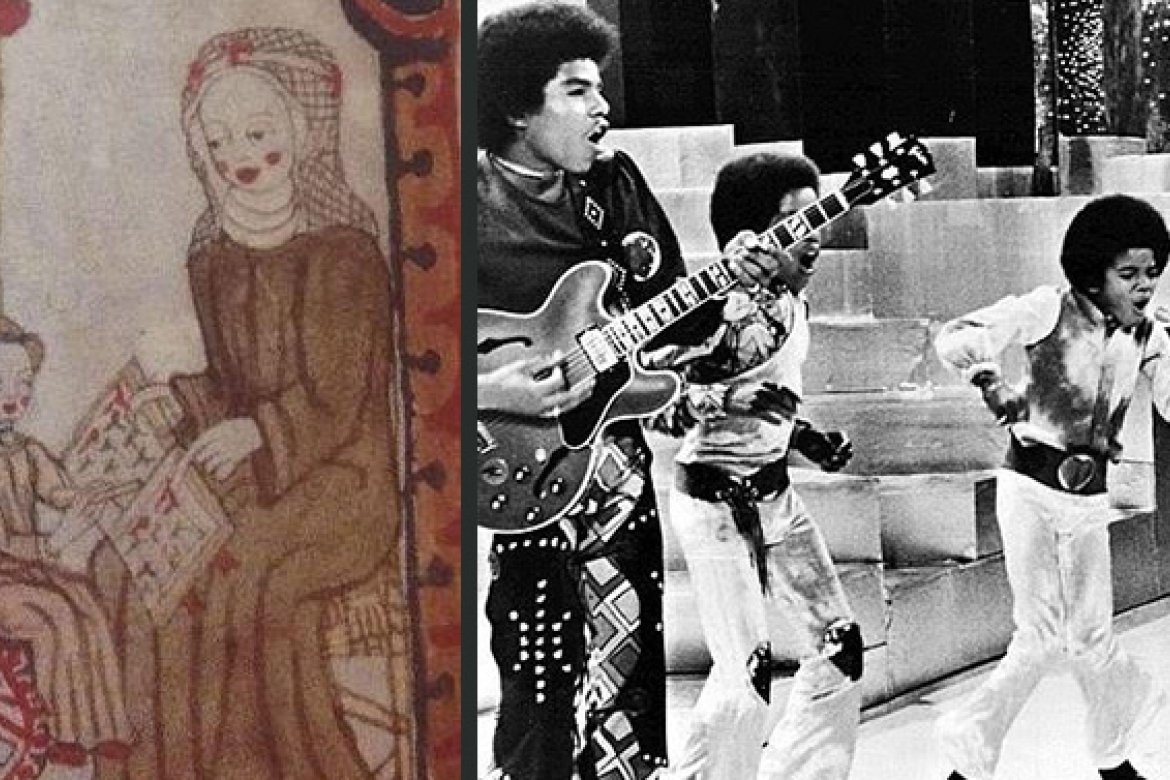Music and Childhood in the Western Tradition (Music 371)

Special Topics in Music
Instructor: Professor Adeline Mueller
Unlike other categories of otherness, childhood is a universal, a given, and temporary. We were all children once, and we all made music while we were children. But what meanings does the music made by children hold for the adults around them?
From Mozart to Michael Jackson, music-making children have often generated an anxious fascination, as they reflect and refract adult notions of the self.
In this seminar, we explore a range of case studies in the history of children as creators, performers, consumers, and subjects of music in the Western tradition.
We learn to sing the way children in medieval convents did, using the Guidonian hand; we listen to Schubert’s lullabies and Schumann’s piano albums for the young; we encounter child prodigies from the distant past and from our own time; we examine children’s music anthologies in the Mount Holyoke Archives and Special Collections; we hear from faculty in Psychology about the musical preferences and cognition of infants and children; and we ponder the use of children’s voices in electronic and popular music.
Together, we examine the various means by which the musical child has been conceptualized, appropriated, marketed, and even pathologized.
The final project of this writing-intensive course is a research paper on an item of children’s musical culture chosen by the student. Students may work with historical materials in area libraries or digital collections, or with a local children’s music program, ensemble, or performance.
Previous student projects have included such topics as:
- film scores for Chitty Chitty Bang Bang (1968) and Beasts of the Southern Wild (2012)
- censorship in Kidz Bop
- Peruvian nursery rhymes
- the Suzuki method
Prerequisites: Music 232 and 282, or permission of instructor.